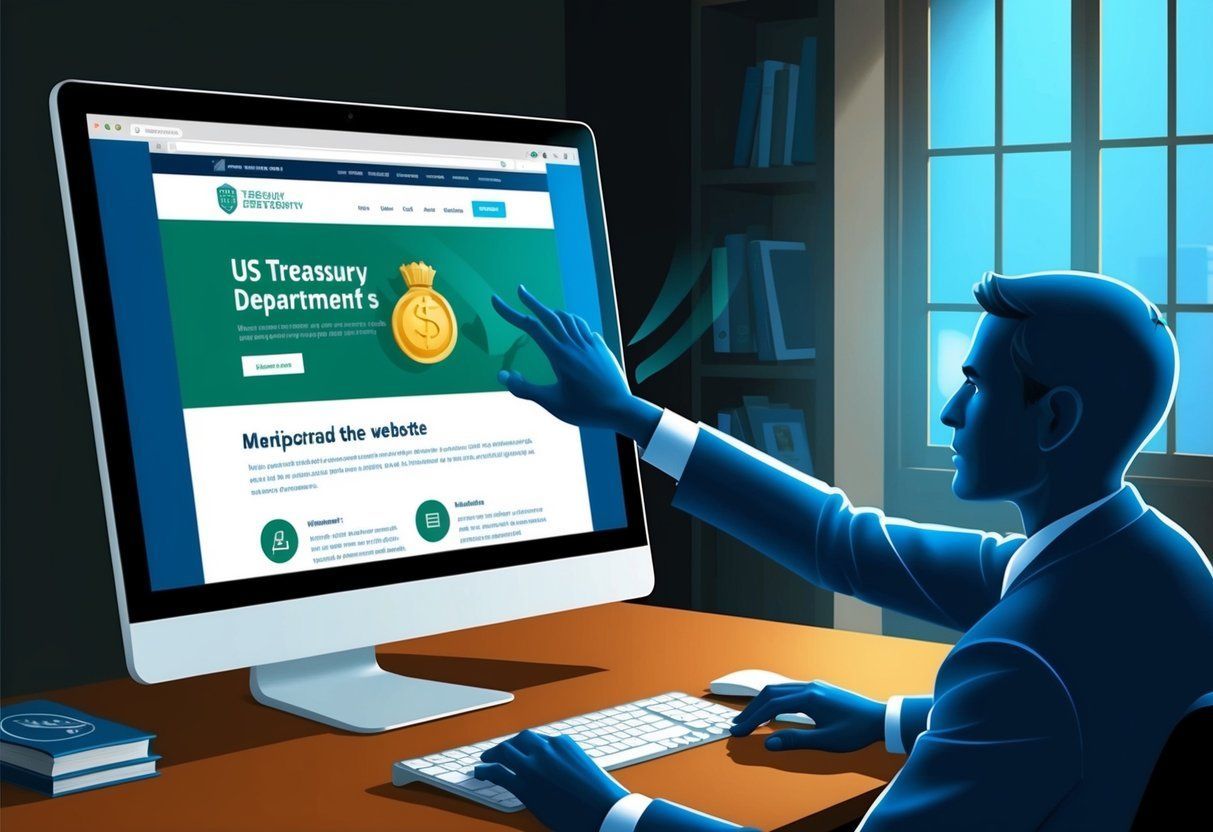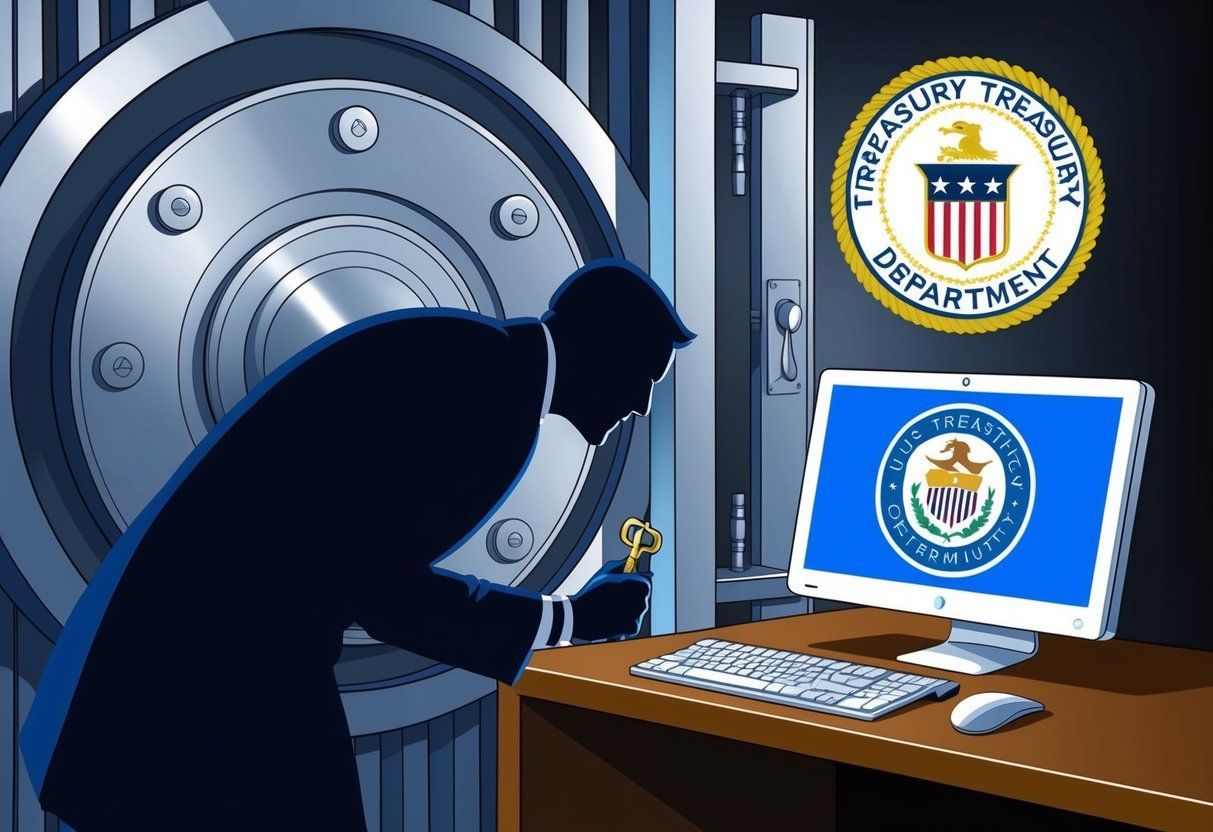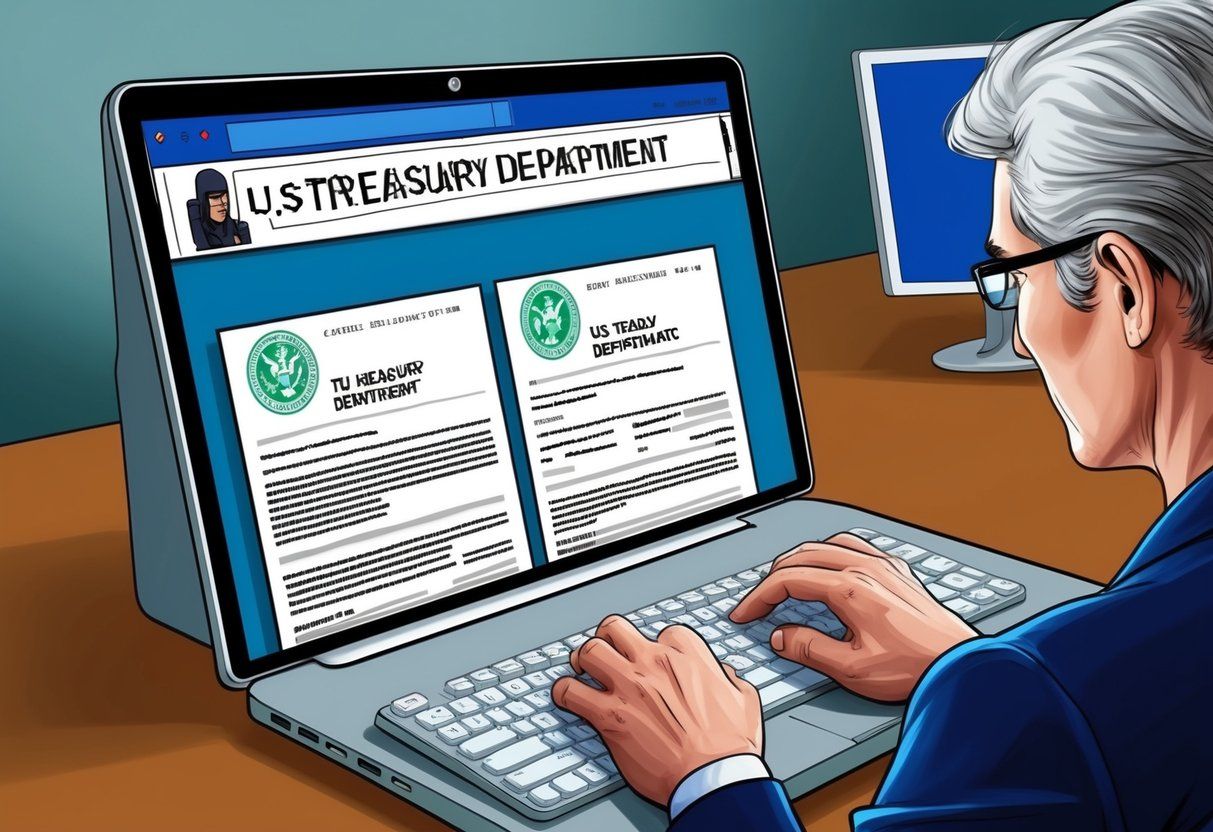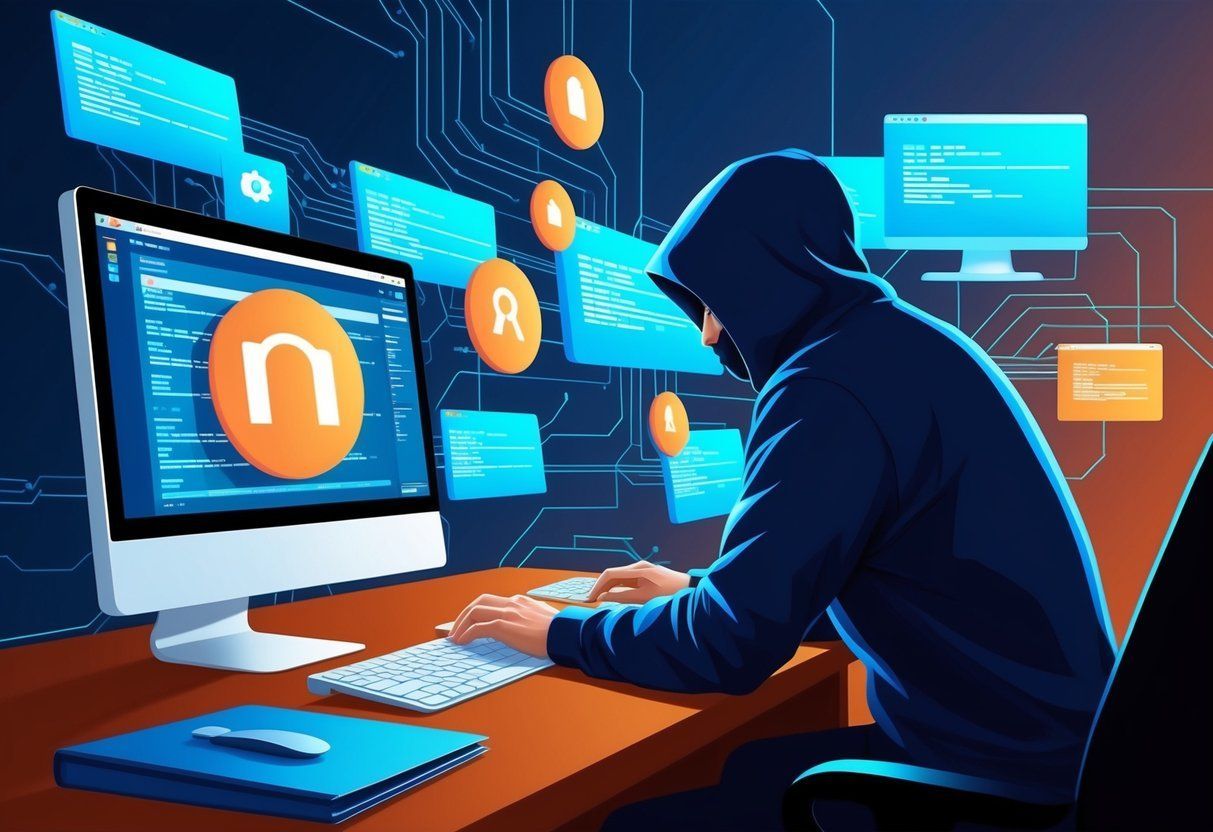China Linked Hacking Group Hacks The US Treasury Department: Major Cybersecurity Breach Discovered
Recent events have brought to light a significant cybersecurity breach at the U.S. Treasury Department. On December 31, 2025, it was revealed that Chinese state-sponsored hackers had gained unauthorized access to classified documents. The attackers exploited a vulnerability in a third-party cybersecurity provider, BeyondTrust, to infiltrate the Treasury’s systems.

This incident highlights the ongoing challenges faced by government agencies in protecting sensitive information. The Treasury Department has emphasized its commitment to cybersecurity, stating that it has strengthened its defenses over the past four years. The department plans to continue working with both private and public sector partners to safeguard the financial system from potential threats.
Key Takeaways
- Chinese state-sponsored hackers breached the U.S. Treasury Department’s systems
- The attack exploited a vulnerability in a third-party cybersecurity provider
- Government agencies face ongoing challenges in protecting sensitive information
Hackers compromised BeyondTrust’s cloud service key

On December 8, 2024, BeyondTrust alerted the U.S. Treasury Department about a security breach. Bad actors got hold of a key that BeyondTrust used to protect its cloud-based remote support service. This service helped Treasury staff with tech issues.
The Treasury took quick action. They told the FBI and the Cybersecurity and Infrastructure Agency about the attack.
Some think China might be behind this hack. But China says this isn’t true. They claim these are false attacks on their reputation.
This breach is a big deal. It might have let hackers access Treasury workers’ computers. The full impact is still not clear. It shows how even trusted tech support tools can be weak spots in cybersecurity.
What documents were affected in the breach?

The cyberattack on the US Treasury Department impacted several types of unclassified documents. Hackers gained access to files containing sensitive information about key political figures and national security matters.
Documents related to incoming government leaders were among those breached. This included data about the President-elect and Vice President-elect. Files connected to a recent presidential campaign were also compromised.
The attackers accessed a database with phone numbers under law enforcement monitoring. It’s unclear if these specific files were targeted or just happened to be available.
The breach may have implications for economic policies and international relations. The Treasury plays a big role in managing sanctions. This includes maintaining the Specially Designated Nationals (SDN) list.
Key points about the breach:
- Affected unclassified documents only
- Included political and national security information
- May impact sanctions and economic policies
- Unclear if specific files were targeted
The Treasury worked with several groups to respond:
- Third-party security experts
- Intelligence agencies
- FBI
- Cybersecurity and Infrastructure Security Agency ( CISA )
They identified the attackers as an Advanced Persistent Threat. This means a skilled group using many methods to keep accessing systems over time.
To stop the attack, the affected software service was taken offline. This cut off the hackers’ access to Treasury data.
Some experts think the attack shows China’s larger goals. These may include countering US influence and preparing for possible conflicts.
Chinese Hackers Target US Systems in 2024
In 2024, a wave of cyberattacks hit U.S. government agencies and key infrastructure. The group behind these attacks, known as Salt Typhoon , has ties to China. This advanced persistent threat group broke into systems at the U.S. Treasury and other important places.
Salt Typhoon has been active since 2020. They focus on stealing information from critical systems around the world. In the U.S., they hit at least eight big telecom companies. Some targets were:
- AT&T
- Verizon
- Cisco
- Defense contractors
These attacks show how important it is to have strong cyber defenses. The FCC warned that the telecom sector needs better protection from growing threats.
What should cybersecurity teams focus on?
Cybersecurity teams need to be alert to new threats from state-backed actors. They should:
• Set up strong alert systems
• Monitor network traffic closely
• Limit internet access for management systems
• Strengthen security on all devices
Some Cisco equipment may need extra protection. Teams should stay up-to-date on the latest security guidance for their systems. Staying vigilant and taking these steps can help guard against breaches of critical infrastructure.
Common Questions About the US Treasury Hack
What was the effect of the Treasury hack on US security?
The hack of the US Treasury Department raised serious concerns about national security. It allowed unauthorized access to government systems and data. This breach could impact financial operations and sensitive information. The full extent of the damage is still being assessed.
How did Treasury officials react to the cyber attack?
Treasury officials took swift action after discovering the breach. They notified Congress and launched an investigation. The department also worked to secure its systems and prevent further unauthorized access. Cybersecurity measures were strengthened across the agency.
What steps are protecting financial data after the hack?
Following the breach, the Treasury Department implemented new safeguards, including:
- Enhanced monitoring of network activity
- Stricter access controls for sensitive systems
- Updated security software and protocols
- Additional cybersecurity training for staff
Can people check if their Treasury checks are safe?
The Treasury Department has not provided a way for individuals to directly verify the status of checks. People who receive federal payments should monitor their accounts closely. Any suspicious activity should be reported to the Treasury immediately.
What was BeyondTrust’s connection to Treasury security?
BeyondTrust provided cloud services to the Treasury Department. The hackers gained access through BeyondTrust’s systems. This highlights the risks of third-party vendors in government cybersecurity. The exact role of BeyondTrust in the breach is still under investigation.
Did Treasury release details about the data breach?
The Treasury Department issued a statement confirming the hack. They described it as a “ major incident ” involving Chinese state-sponsored actors. The full scope of accessed data has not been revealed. Officials continue to assess the impact and will likely provide updates as the investigation progresses.
Building better solutions for better business®




